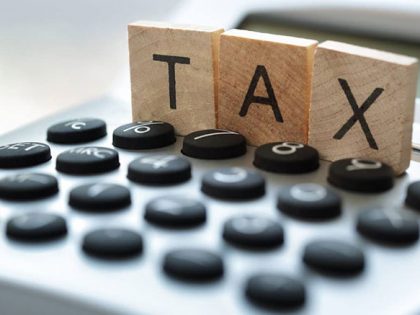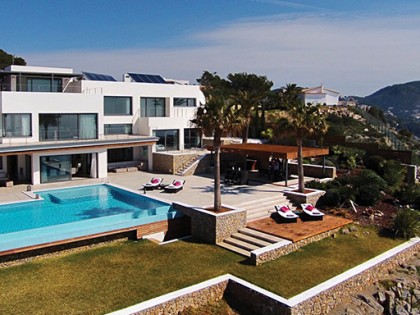The health crisis, confinement and all the various adverse effects that the pandemic has had on the economy and our day-to-day lives have taken their toll on many couples’ relationships. In Spain alone, according to data from the General Council of the Judiciary, in the third quarter of 2020, 25,732 applications for separation and divorce were registered. This was 16% more than those filed in the same period of the previous year. Of these, more than half were consensual. And, it is likely that many of these couples shared ownership of a home.
In these cases, selling the house after divorce is one of the most common solutions and one of the aspects that most often worries couples going through this situation is taxation: what taxes do you have to pay for selling a house in Mallorca, Menorca or Ibiza after divorce, and how is this payment divided between the parties?
Personal Income Tax (IRPF) and Municipal Capital Gains Tax
The sale of the property to a third party or between the members of the couple (i.e. one of the couple buys out the other) is subject to the taxes that are paid for the sale of any property.
Personal Income Tax is paid on the capital gain obtained. This is calculated taking into account the purchase and sale prices of the house and other items that may affect the tax payable. These can be, for example, all the expenses that had to be paid for selling and buying the house and the costs of considerable reforms that have been carried out on the house.
It should be borne in mind that the tax season is underway. Therefore, couples who divorced and managed to sell the house in 2020 should reflect the sale in this year’s tax return. If, on the other hand, they plan to sell the house this year, they should consider that next year there is a new tax bracket of 26% for those capital gains that exceed 200,000 euros (only affects those flats with very high prices).
The municipal capital gains tax, on the other hand, is a tax on the increase in value that the land of a house has experienced over time. To calculate the municipal capital gains tax, the cadastral value of the land of the house, the number of years that the couple has owned the flat and the coefficients and the percentage of tax established by the corresponding town hall are taken into account.
How is the payment of taxes divided?
The property is owned by both ex-spouses. Therefore, each of them has to pay the taxes on the sale. However, each person must pay according to the percentage of ownership that corresponds to him/her. That is to say, 50% one and 50% the other if the ownership of the house is shared equally or according to the proportion that appears in the deed if we are talking about a marriage in separation of property.
It should be borne in mind that, in addition to the obligatory taxes, the sale of a flat has certain costs, such as, for example, those related to the management of the obligatory documents or the cancellation of the mortgage, in the event that the property has a paid-up mortgage that has not yet been cancelled in the Registry. All these costs should be shared by both parties, unless otherwise agreed between the two parties.
What happens if one of you wants to keep the house?
Another possibility that many couples consider is for one of the partners to keep 100% ownership of the house. In this case, instead of opting for a traditional sale and purchase (one of them sells his or her half to the other) it is advisable to consider other legal options that may be more advantageous in terms of taxation. It should be borne in mind that the sale and purchase is taxed through the ITP (purchase tax) and is subject to the payment of the municipal capital gains tax (for the sale).
If the couple was married in separation of property, they can carry out a Cancellation of Co-ownership. This is a legal maneuver that seeks to put an end to the situation of co-ownership and in which one of the parties keeps the house in exchange for financial compensation to the other in the amount that both parties deem appropriate. This route is only taxed through the IAJD (tax of documented legal acts), whose cost varies according to the value of the property in Mallorca, Menorca & Ibiza.
If the couple was in a community of property regime, it is necessary to dissolve the matrimonial property regime in order to proceed with the divorce and, by carrying out this procedure, one of the two can keep, as in the previous case, 100% of the ownership in exchange for financial compensation to the other. In this way, the IAJD would also have to be paid, but there would be no ITP tax or municipal capital gains tax to pay.
Should you require any assistance or legal counsel concerning properties, purchases and sales on the island of Ibiza, please contact us at your convenience at info@mallorcasolicitors.co.uk or by phone on the numbers listed on our contact page.

























































